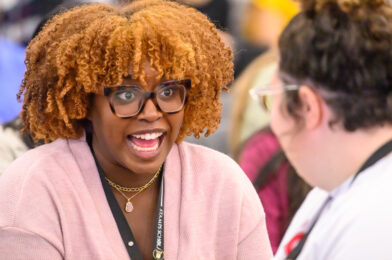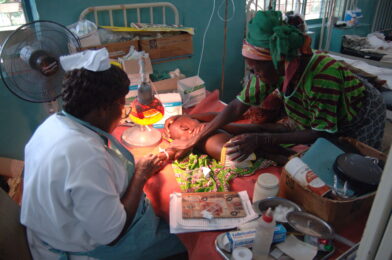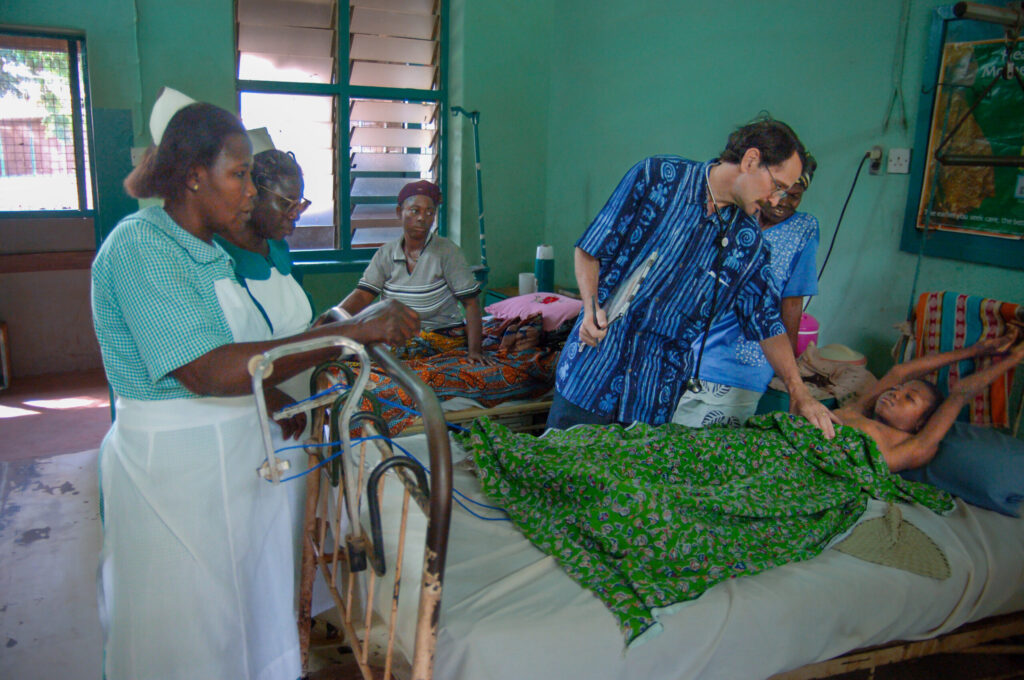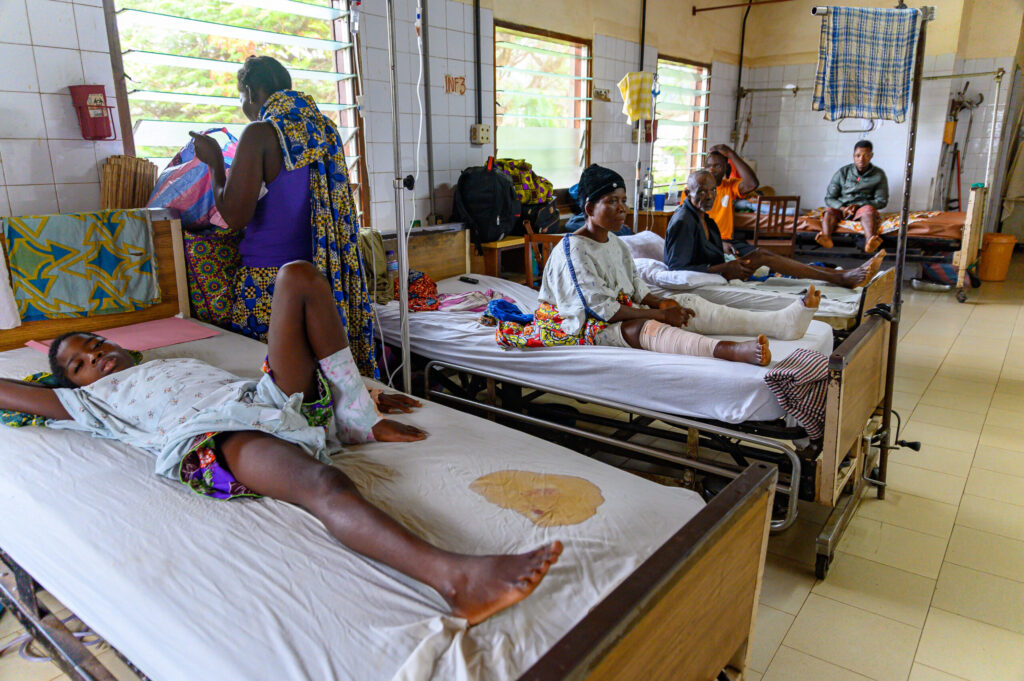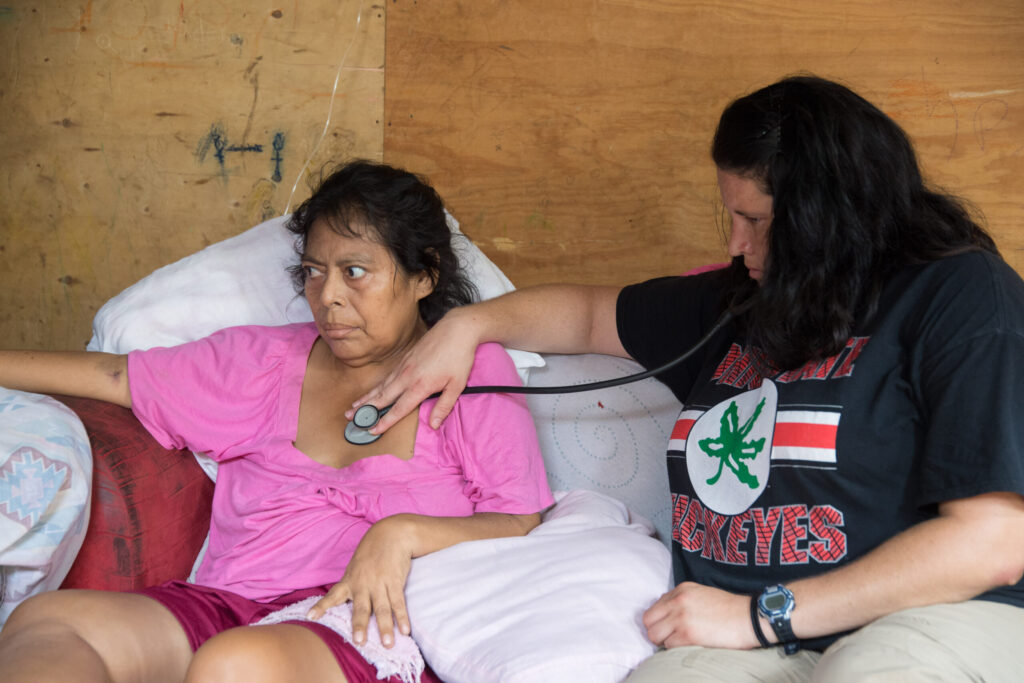Everywhere you turn, someone’s talking about how AI is changing everything—from writing scripts to editing videos and even generating photos. As a storyteller who’s spent decades working alongside nonprofits, missionaries, and small businesses, I see the power of these tools. They can speed up workflows and help organize ideas. But here’s the truth that too often gets overlooked:
AI doesn’t feel. It can’t listen with its heart. It can’t sit quietly in a room and sense what’s happening beneath the surface.
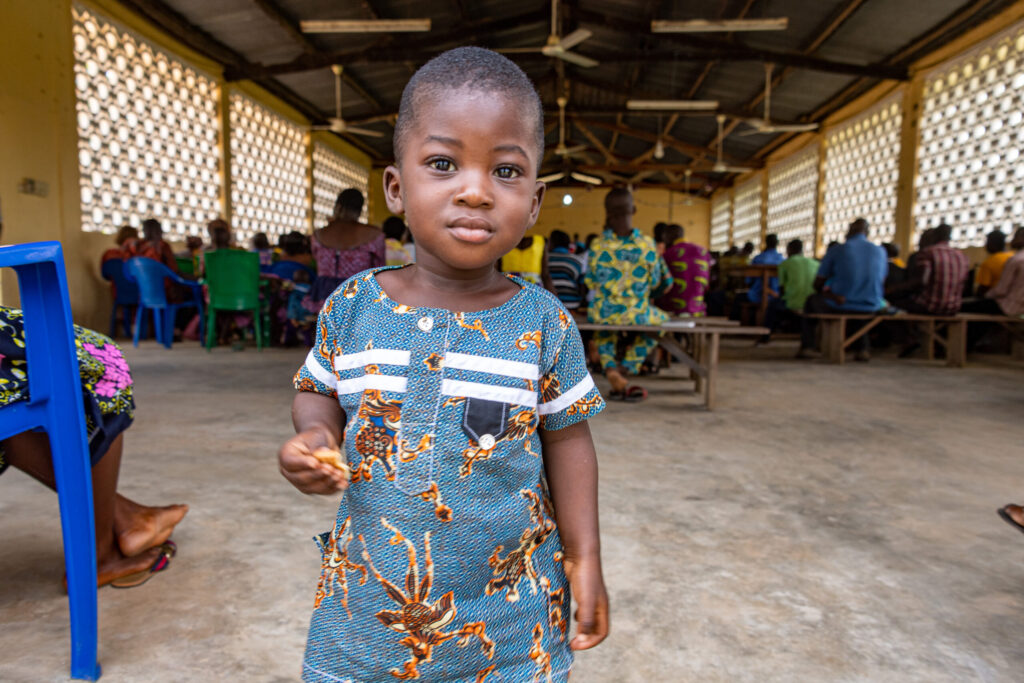
I’ve been in huts in West Africa, cramped apartments in Eastern Europe, and rural towns across the U.S.—camera in hand, listening for the heartbeat of a story. What makes those stories resonate isn’t just the visuals or clean audio. It’s the empathy. It’s the relationship I’ve built with the person sitting across from me. It’s knowing when to ask a question, and more importantly, when not to.
AI can string together words, but it can’t replace presence. One moment that stays with me was while filming a missionary family in Togo. As the mother shared about the challenges they faced with their child’s health, there was a pause—her eyes filled with tears. That silence… that space… spoke louder than words. I didn’t interrupt. I didn’t prompt her to keep talking. I just let the moment breathe.
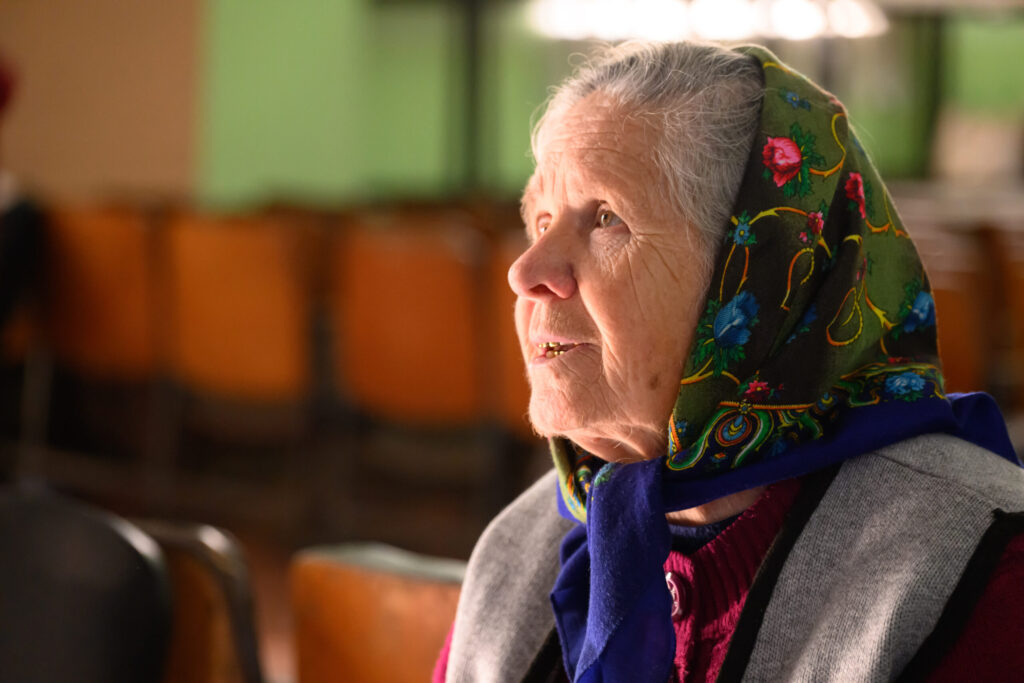
AI would’ve missed that. Or worse, tried to fill it in with what it thinks people want to hear.
The same goes for storytelling through photos. One of my mentors, Don Rutledge, taught me the power of context. A great image isn’t just about lighting and composition. It’s about showing people within their world—the complete picture of their dignity, struggle, and joy. That takes patience, trust, and relationship-building. AI can generate an image, sure. But it won’t travel the world with you. It won’t pray with a family before you hit “record.”
When a nonprofit or mission agency hires me, they’re not just hiring a camera operator. They’re inviting a partner who knows how to listen well, ask the right questions, and honor the stories they hold sacred.
That’s why human storytellers still matter.
In an AI-saturated world, authenticity is our superpower—not perfection or polish, but honest, human connection.
So, while I embrace today’s tools, I hold even tighter to the craft I’ve been honing for 40+ years—storytelling that breathes, connects, and changes lives.
Because stories still matter. And so do the people who tell them.

